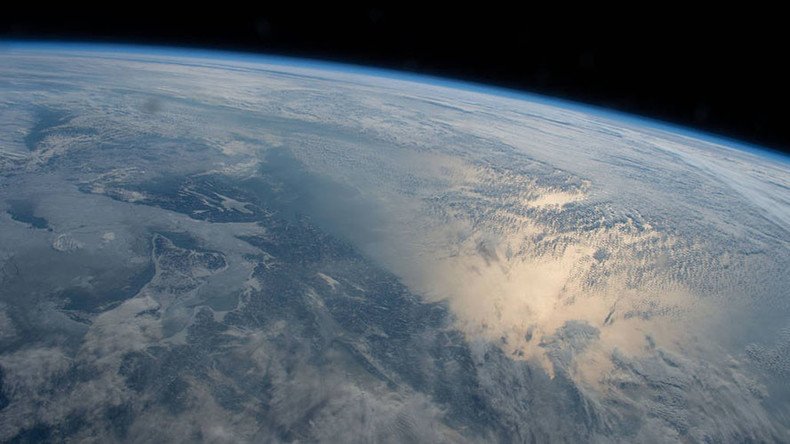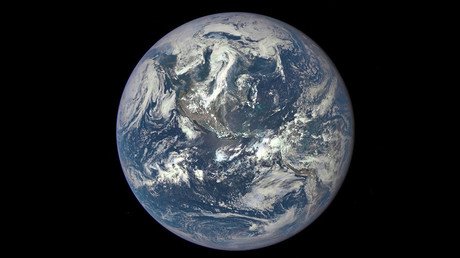‘What the frack! We’re destroying all life, we have a huge problem’

Humans, greed, and fossil fuels are the main drivers for the possible extinction of up to half of all species by 2100 that scientists are warning about, says Dr. Reese Halter, a conservation biologist and author of The Incomparable Honeybee.
“Our desire for enhanced consumption grows more rapidly than our population, and Earth cannot sustain it. Nothing less than a reordering of our priorities based on a moral revolution can succeed in maintaining the world in such a way as to resemble the conditions we have enjoyed here,” warned the organizers of a workshop on Biological Extinction which was held at the Vatican earlier this week.
“Rich western countries are now siphoning up the planet’s resources and destroying its ecosystems at an unprecedented rate,” according to one of the participants of the event, Prof. Paul Ehrlich of Stanford University in California.
Meanwhile, there are growing concerns in the US over attempts by some members of Congress to weaken the Endangered Species Act enacted in 1973.
RT America’s Manila Chan asked Dr. Reese Halter what the main drivers of the mass extinction scientists warn about are.
Reese Halter: The short answer is humans; the second answer is greed; the third answer is... subsidized fossil fuels... Each year 5.6 trillion dollars globally is being spent subsidizing the biggest, wealthiest polluters – the fossil fuel companies. Earth is unequivocally warming up. Just take a look at western North America: we’ve lost 30 billion mature trees. When the trees go, sadly, we go.
From 1970 to 2014, we discovered that 50 percent of all land wild life is gone. That was in 2014. Now we’re told by 2020, in three years, that we will be missing 66 percent of all land wild life. That is in 2020! We have a huge problem.
Specifically, in the oceans from 2000 to 2010, for a 10-year period, human beings poached and slaughtered one billion sharks. For most of the shark species, we’re now missing 90 percent of sharks. Let me remind you that sharks and their ancestors have been on our planet for over 400 million years. Sharks are doctors of the sea. They keep the oceans healthy by removing their prey that is sick and weak, and old, and they prevent diseases from going global. So when we remove the doctors, the oceans are sick...
RT: If life on Earth took billions of years to get to where we are right now, is it possible that we can actually destroy it at a faster rate than how it evolved?
RH: This much we know from The International Union for Conservation of Nature, the big meeting last year in September, in Hawaii. Since the dawning of reproductive life 1.1 billion years ago, in the five previous mass extinctions there has never been an instance where all the large animals, every large animal in the sea is being killed and slaughtered. We’re destroying all life. This is a crisis of epic proportion and it boils down to this. Save nature now!
RT: As a conservation biologist, how are the folks in your field responding to someone like Scott Pruitt heading up the United States Environmental Protection Agency (EPA), who wants to cut the budget? How will this affect the environmental policy?
RH: What we’re doing, we’re marching, we’re standing up for science... For heaven's sake, the rusty patched bumblebee was listed to be an endangered species. The Trump administration has suspended it. This is our food; the water is used for our food and people to drink. Are we going to have a big Flint, Michigan all over America, because coal corporations are polluting the water that is the life blood of Earth? And the answer is: if we were to remove the Clean Water Act – yes. What the frack!
The statements, views and opinions expressed in this column are solely those of the author and do not necessarily represent those of RT.












